Home » Achievements (Page 2)
Category Archives: Achievements
Recent Posts
- Invitation to seminar| Reliable communication from 5G to 6G networks
- Invitation to seminar| Quantum Computing: Potential and Opportunities
- Invitation to seminar| Wearable electronics in the metaverse space -Challenges and Opportunities
- Invitiation to seminar| Satellite Spoofing Detection and Mitigation
- Invitation to seminar| Application of DRONS with Artificial Intelligence in military operations
Archives
- April 2024
- March 2024
- February 2024
- January 2024
- December 2023
- November 2023
- October 2023
- September 2023
- June 2023
- May 2023
- April 2023
- March 2023
- February 2023
- January 2023
- December 2022
- November 2022
- October 2022
- September 2022
- August 2022
- May 2022
- April 2022
- March 2022
- February 2022
- January 2022
- December 2021
- November 2021
- October 2021
- September 2021
- August 2021
- July 2021
- May 2021
- April 2021
- March 2021
- February 2021
- January 2021
- December 2020
- November 2020
- October 2020
- September 2020
- August 2020
Categories
QU Team Secures 3rd Place in ICPC Programming Competition, Earns Ticket to Egypt
September 26, 2023 / Leave a comment
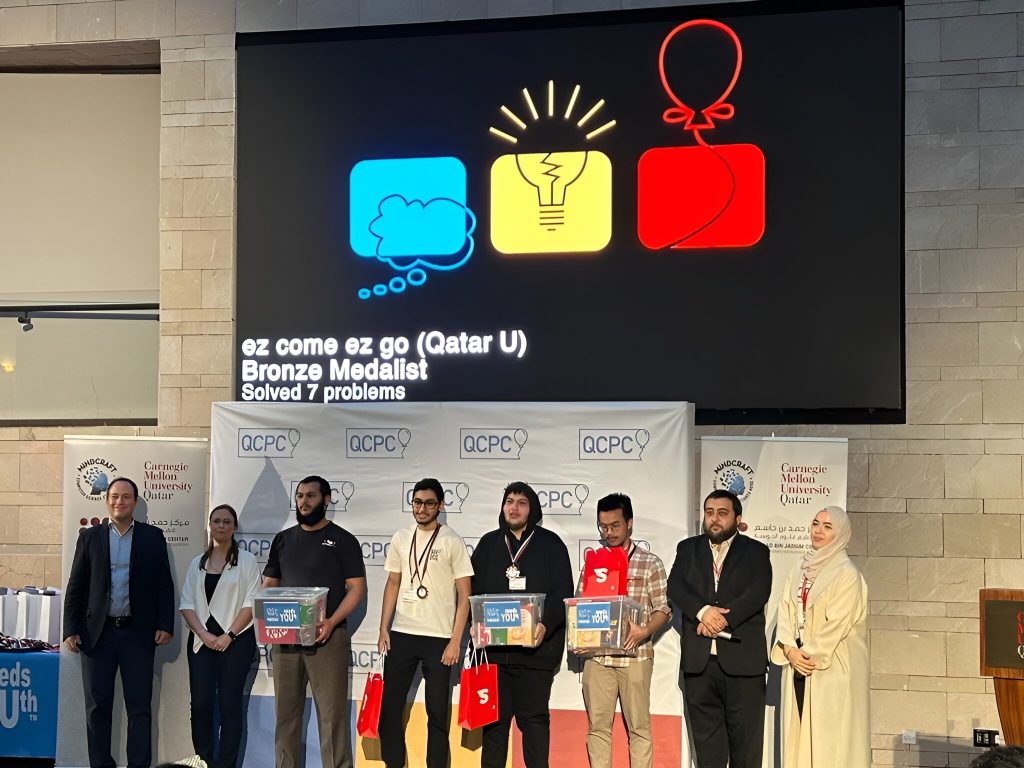
In an impressive showing of skills and determination, a team of students from Qatar University has secured the third spot in the highly competitive Qatar Collegiate Programming Contest (QCPC), part of the International Collegiate Programming Contest (ICPC). Often regarded as the “Programming World Cup,” ICPC challenges teams to tackle algorithmic problems and devise programming solutions. The accomplished team, composed of Aly Soliman, Mohamed Fauzan, and Omar Elshenhabi, demonstrated remarkable programming skills and problem-solving abilities, earning them their place in the regional competition. Their achievement is a testament to their hard work and dedication in the field of programming.
The national stage of the competition (QCPC), hosted at Carnegie Mellon University-Qatar, provided a platform for teams across Qatar to go for a chance to advance to the regional level. This event served as a qualifying round for the Africa and Arab Regional Competition (ACPC), scheduled to be held in Egypt’s Sharm El Sheikh end of this year.
As they prepare to represent Qatar on the regional stage, the students are poised to compete among the top talents in the region. While they secured third place nationally, Qatar University takes pride in their accomplishment, and we eagerly anticipate their performance in Egypt. We extend our best wishes to the team and their coach, Hamza Saleh , as they prepare for the next phase of the ICPC.
AI Olympiad showcases talent of CSE students in programming, mathematics and robotics
June 24, 2023 / Leave a comment
Three students from Qatar University (QU) showcased their exceptional talent in the second edition of the Arab Artificial Intelligence Olympiad that was organized by Arab Robotics and AI Association, in collaboration with STEAM Centre on 24 June 2023, in Amman, Jordan. The event has featured five competitions that served as a platform for Arab youth of all age groups in the fields of programming, mathematics and algorithms, computer vision, cybersecurity, and embedded systems.
The outstanding participants from QU were granted the prestigious Talent Scholarship. Faisal Abdullah Salam Batis, Marcus Wein Esmiller Monteiro, and Galal Faez Salem Ban Amr excelled in various courses and secured top positions in multiple categories at the Olympiad. Marcus and Galal secured the first place in the programming course, while Marcus, Galal, and Faisal achieved the second position in the embedded systems course. Faisal also claimed the third spot in the mathematics and algorithms course.
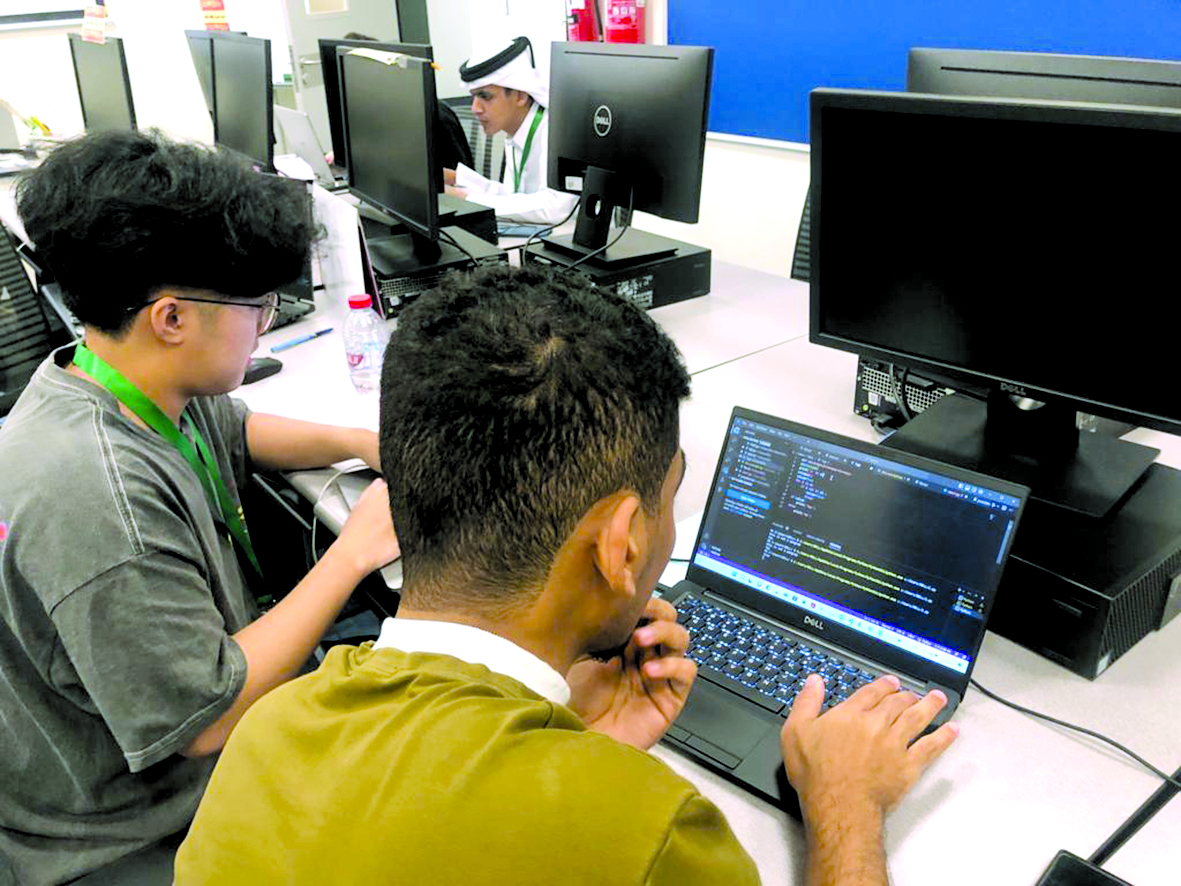
Knowing that in this year, more than 150 students from Jordan, Palestine, Kuwait, Qatar, Libya, Yemen, and Egypt representing over 20 schools and 13 universities from around the Arab world participated in the Olympiad.
Commenting on the event, Dr. Saleh Al-Hazbi, Lecturer of Computer Science at QU, said, “The Artificial Intelligence Olympiad is a competition that aims to raise awareness about the growing significance of AI in today’s world. Our participating students, who have showcased their talent in various categories, have been accepted into QU’s prestigious Talented Students Program. This program, offered at QU, aims to attract students with exceptional talents in different fields.”
Marcus Monteiro, the winner of first place in the programming course, expressed his thoughts on the experience, saying, “I, along with my fellow participant, Galal, was extremely nervous, but we realized the competition would be tough with participants from other countries. However, as we began answering the questions, we gradually gained more and more confidence. I told my colleague, ‘We will win this competition for Qatar’.” He stated, “The future of artificial intelligence is very bright. Many people believe that AI will take away people’s jobs, but we see it as a tool for the future, making us smarter and more capable.”
reference: Here
CSE faculties win the best paper award at IWCMC23
June 23, 2023 / Leave a comment
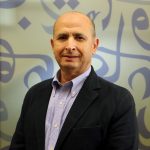
A collaborative team including two CSE faculty members has received the best paper award at the International Wireless Communications and Mobile Computing Conference (IWCMC23), held in Marrakesh, Morocco, between June 19-23, 2023. The awarded paper is titled “Real-time Imitation of Autonomous MCG Node using Dual ECG Probing IoT Node Suitable for Delivery by UAV”, and co-authored by Dr. Khalid Abualsaud and Dr. Elias Yaacoub from our department.
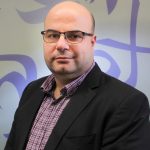
The paper is an outcome of research project NPRP13S-0205-200270 from the Qatar National Research Fund (QNRF) led by Dr. Khalid Abualsaud. The work was done in collaboration with Prof. Tamer Khattab (Dept of Electrical Engineering at QU) with medical advice from collaborators from Al-Ahli Hospital (a partner in the project) and the New York Presbyterian Hospital.
The work consists of building a testbed that uses electrocardiography (ECG) signals to generate magnetocardiography (MCG)-like signals, which can be used for various heart disease detection, including arrhythmia. A working prototype is built with weight and dimensions suitable to be carried by drones, for delivery to remote areas lacking medical infrastructure, e.g., in disaster recovery scenarios.”
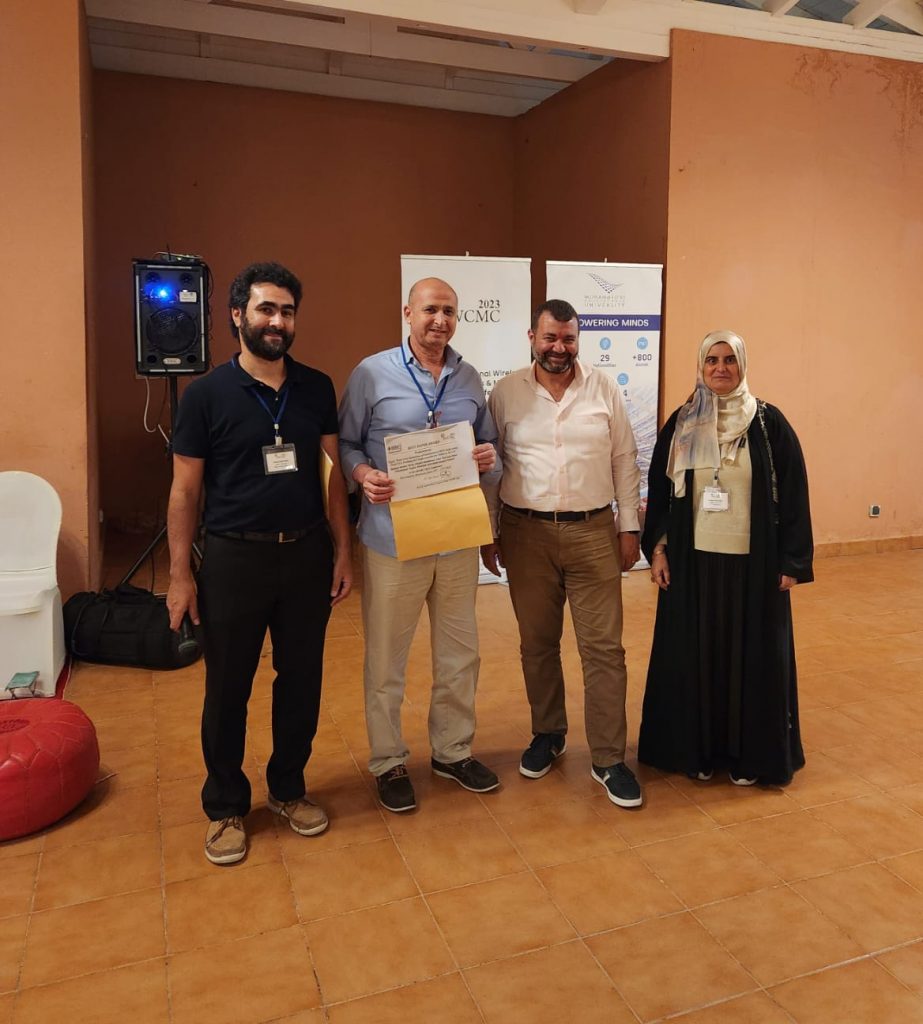
CSE faculties were awarded at CENG End of Year Ceremony
June 13, 2023 / Leave a comment
Three CSE faculty members have received awards at the College of Engineering End of Year ceremony held on 13 June 2023.
Dr. Tamer Elsayed was awarded the “Dean’s Award for Excellence in Research” for his research work.
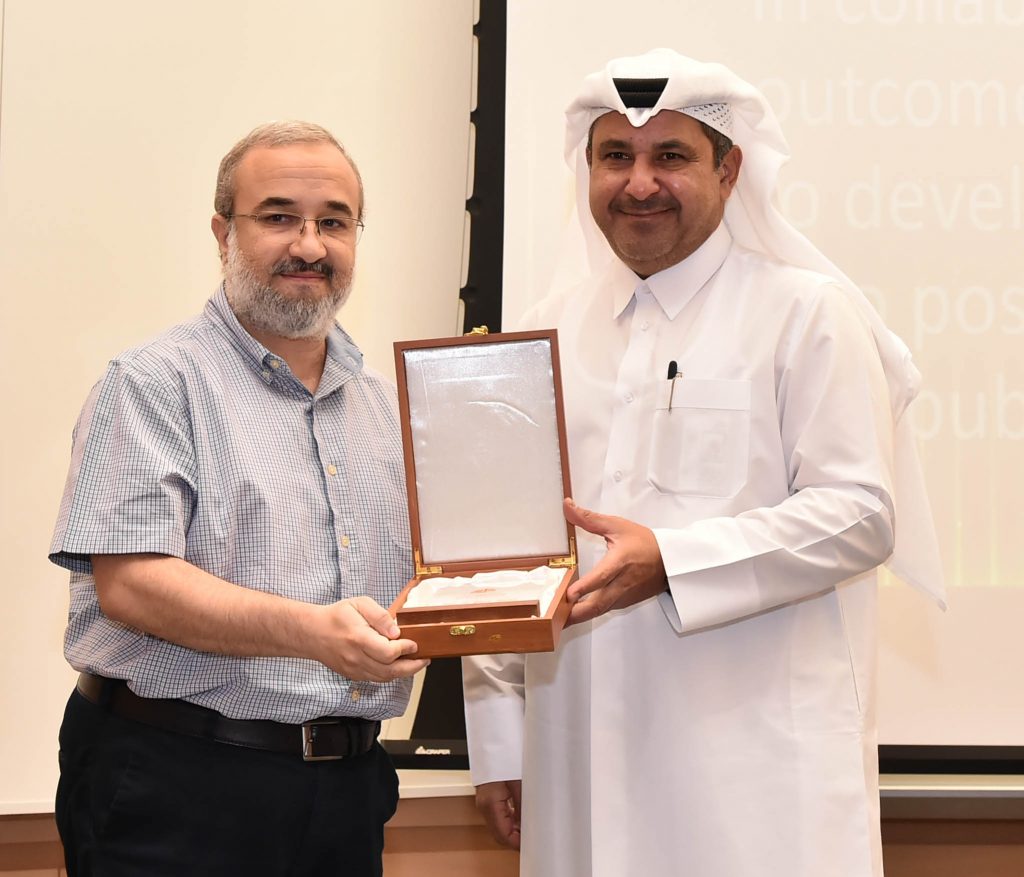
Eng. Heba Dawoud was warded the CSE department Excellence in Services award.
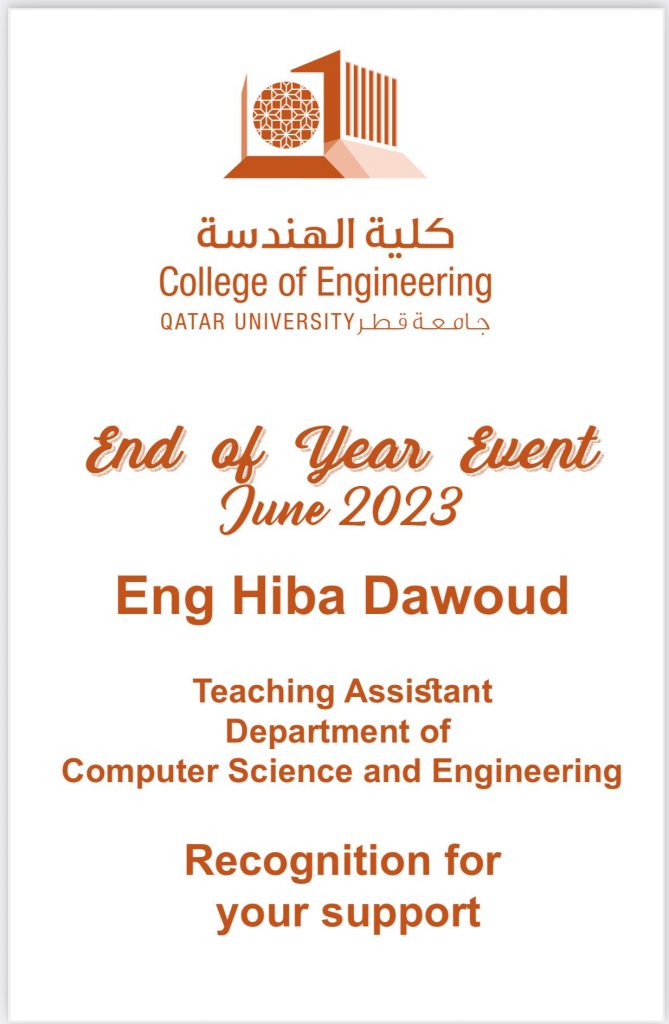
Finally, Dr. Abdulla Al-Ali was recognized by the College of Engineering for the end of his tenure as the CSE Head of Department.
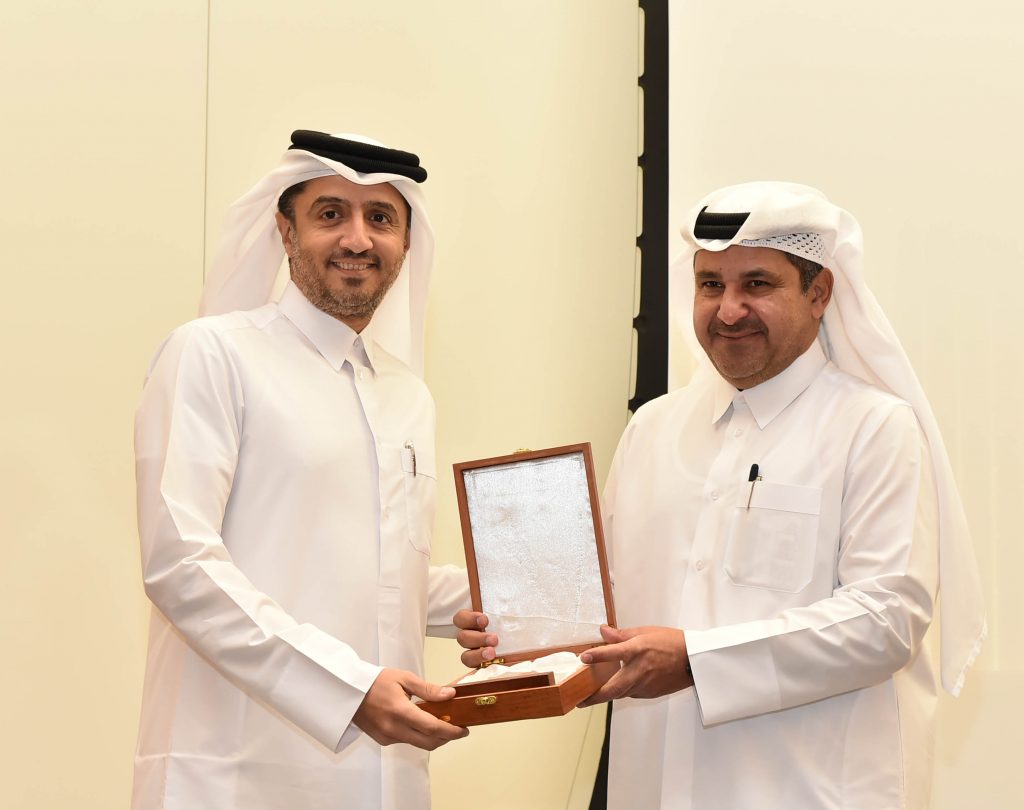
CSE faculties contribute to QU 14th Excellence Day
June 13, 2023 / Leave a comment
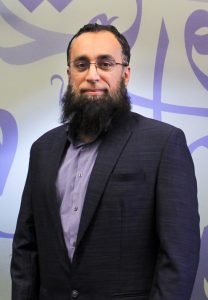
Two CSE faculty members have delivered talks at the QU 14th Excellence Day event, themed “AI in Higher Education: Navigating the Future., which was organized by the QU Center for Excellence in Teaching and Learning (CETL) on June 13, 2023.
Prof. Junaid Qadir delivered a plenary talk titled “Educating for the AI Revolution: Fostering a Holistic Human-Centered Approach Based on Wisdom and Multiplexity”. The talk attracted a packed audience consisting of QU faculty members and external guests. During the talk, Prof. Qadir introduced the audience to the opportunities and challenges presented by new general-purpose AI developments. He highlighted the disruptive impact of these tools on higher education and emphasized their potential to enhance human intelligence, capabilities, and productivity. However, he also stressed the importance for educators to be cautious of limitations such as biases, hallucinations, and misinformation. The discussion further explored effective strategies for higher education to adapt to these dynamic times, ensuring social welfare, enhanced human capabilities, inclusivity, and openness.
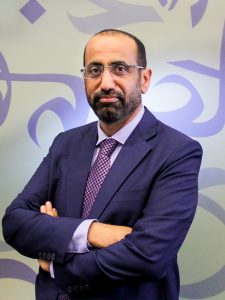
Additionally, Dr. Saleh Alhazbi delivered a presentation titled ‘Learning Analytics from prediction to prescription’ during the same event. The presentation highlighted the ongoing efforts in utilizing AI to analyze students’ traced data collected by learning management systems (LMS), and how the objective has been shifted from solely predicting students’ performance to providing proactive feedback aiming to enhance their learning experience. Furthermore, the presentation provided insights into the challenges related to learning analytics. These challenges encompassed ethical considerations, the impact of learners’ internal conditions like motivation, the influence of external conditions such as the nature of the subject being studied, and the role of instructors in the learning process.
CSE Faculty Awarded QJRC Grant
May 31, 2023 / Leave a comment
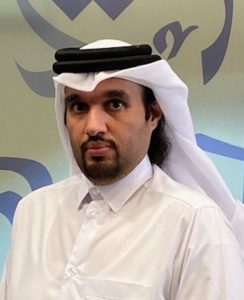
Dr. Mohammed Al-Sada, assistant professor at our department, and his team has been awarded a Qatar-Japan Research Collaboration (QJRC) cycle2 grant for the project titled: “A Versatile Telexistence System with Implicitly Assistive Telemanipulation Capabilities”.
QJRC, funded by Marubeni, brings together Qatar University and Japanese Universities to collaborate on research topics of mutual interest and develop high-quality, high-impact outcomes and prototypes that benefit both parties. QJRC paves the way for sustainable cooperation and helps, in a concerted manner, to fulfill the knowledge-based economy aspiration of Qatar.
The project’s team includes:
– LPI: Mohammed Al-Sada, Qatar University, Doha, Qatar.
– LPI: Prof. Tetsuya Ogata, Waseda University, Tokyo, Japan.
– PI: Prof. Tatsuo Nakajima, Waseda University, Tokyo, Japan
– PI: Dr. Osama Halabi, Qatar University, Doha, Qatar.
– PI: Dr. Faisal Al-Jaber, Qatar University, Doha, Qatar.
– PI: Dr. Sarada Prasad Dakua, Hamad Medical Corporation, Doha, Qatar
– PI: Dr. Pin-Chu Yang, Waseda University, Tokyo, Japan
– PI: Mr. Abdulla Iskandar, Waseda University, Tokyo, Japan
– PI: Mr. Naoki Hashimoto, Waseda University, Tokyo, Japan.
– Consultant: Dr. Yamen Saraiji, Sony AI, Tokyo, Japan.
Here is the project’s abstract:
In recent years, Qatar has faced pressing challenges in knowledge exchange and collaboration with the world across industrial and educational sectors. In response to such challenges, we fabricated a wearable telexistence system that can be used for knowledge transfer and remote collaboration tasks as part of QJRC-1. This proposal builds upon our system by addressing its key limitations through two main objectives. First, we propose a novel robot formfactor that enables the wearable robot to dock into a mobile robotic platform, that we called the Yorishiro system. This system provides stability, power, and enables using the robot in three Modes: i) Wearable Telexistence Mode: the robot is a fully worn system. ii) Augmented-Wearability Mode: the robot is worn by a surrogate user while attached to the Yorishiro System. iii) Mobile Telexistence Mode: the robot is completely independent from surrogate users and is a fully mobile system. Therefore, the Yorishiro system significantly increases the reliability and stability of the robotic system, and extending its usage and deployment domains for industrial and medical contexts.
The second objective is concerned with increasing the efficiency and accuracy of telemanipulation task by developing an implicitly assistive telemanipulation system for telexistence (ATX). Our ATX system mainly focusing on helping the robot operator to grasp tools with consideration to their affordances through deep learning based detection and motion generation method. ATX implicitly assists users by compensating operational errors during telemanipulation, thereby maintaining embodiment over the robot that is necessary to telexistence. The contributions of these objectives are significant, as we explore efficient novel formfactors for telexistence systems, and integrate assistive methods to ensure operational efficiency of the robot. To the best of our knowledge, these objectives have not been explored in any previous research, and advance the state of the art in telexistence systems.
